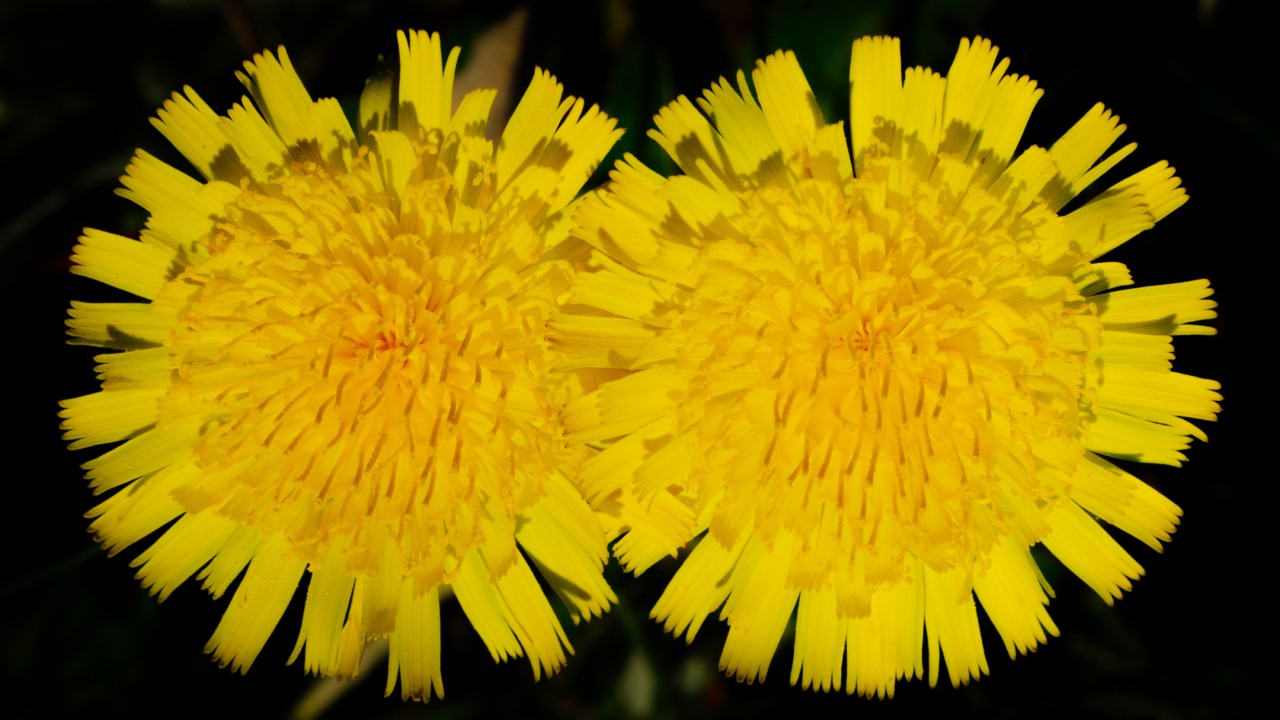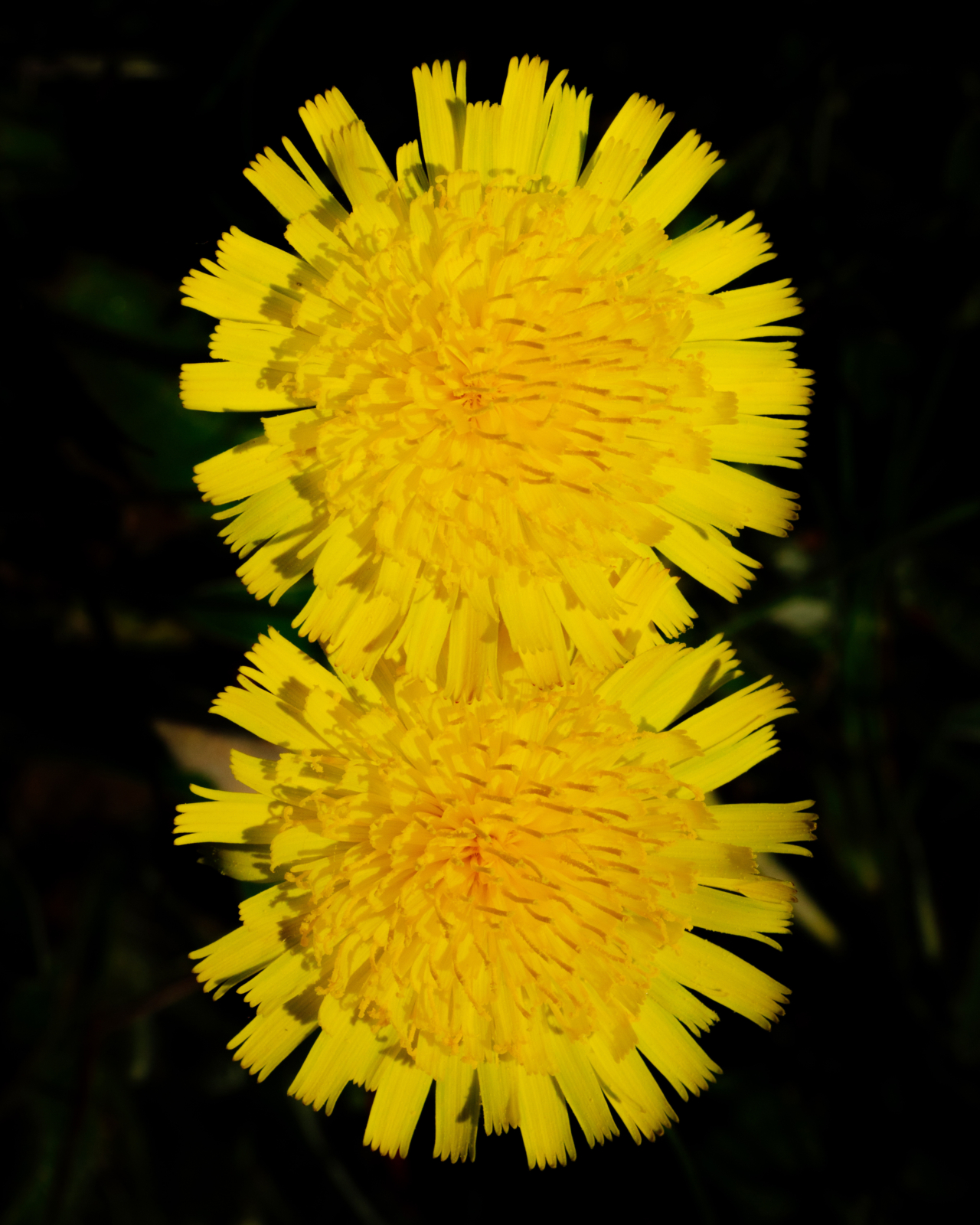

Photograph by Tobias Nicolai / Connected Archives
words by willow defebaugh
“Nature itself is the best physician.” ―Hippocrates
Valerian root for calm nerves. Cinnamon bark for circulation. Burdock root for digestion. Not long ago, someone asked me how I was staying sane during these insane times. “Herbalism,” I laughed in reply. And while there was mirth in my tone, I spoke the truth. This summer, I expanded my tea practice and began learning from herbs. My kitchen has transformed into a humble apothecary, with rows of corked glass jars full of dried roots, flowers, and leaves. Every week I brew new tinctures and concoctions, steeping myself in their ancient medicine.
The roots of herbalism are deep and far-reaching, intertwined with folk healing and witchcraft, as well as Indigenous wisdom and the oldest annals of medicine. For as long as humans have been healing, we have turned to plants for remedies. Modern pharmacology is indebted to the living world; many of our most vital medicines were found in plants or refined from them. I’m going to outline a few, though a word to the wise: Always do your own research when working with herbs, as they can interact with medications and health conditions. I believe the most potent elixirs come from infusing knowledge both old and new.
In my initial forays into herbalism, after drinking cup after cup infused with chamomile flowers, I accidentally induced a relatively sedated state for 24 hours. I didn’t realize that direct infusions of freshly dried herbs often yield more vitality than mass-market tea bags, which tend to use fine fannings and lower herb ratios, and lose potency over time. I went down to one cup per night and found myself stirring less often in sleep. I knew that chamomile has long been used to support sleep and to bring calm—studies have found it can help with anxiety—but it was deep in those cups that I learned not to underestimate the herbs.
That wasn’t the only shift in my nocturnal life. When I began working with mugwort, my dreams grew more vivid. Artemisia vulgaris—named for Artemis, goddess of wild things—has long been used in folk traditions to deepen dream recall. Its aromatic compounds, including thujone, can act as mild stimulants to the nervous system, and some research suggests that its constituents can trigger lucidity in dream states. But in high doses, it can also become a neurotoxin—a reminder that the line between poison and medicine often comes down to the dose.
A few weeks ago, I felt myself teetering on the edge of illness. I spent a day drinking a blend that primarily consisted of elderflower, and felt my preliminary symptoms vanish by the following morning. These flowers grow from the towering branches of black elder trees (Sambucus nigra), and have traditionally been used to treat cold and flu symptoms. Elderberries, the fruits produced by these flowers later in the year, contain toxic cyanogenic compounds that can be neutralized by cooking. The elders teach that preparation and timing are everything.
For thousands of years, willow bark—particularly that of white willows, or Salix alba—has been brewed as a pain reliever. It contains salicin, which, when digested, reduces the prostaglandins responsible for inflammation and pain. It’s from willow trees that we derived aspirin, which contains the same salicylic acid, and is similarly used to treat body aches. Out of all the aspects of willows I admire, it was this that made me choose them as my namesake. Every day I endeavor to live up to this healing tree, and to remember the notion that we all carry medicine within us.
In this age of medical misinformation, in which even vaccines are under threat, I want to be clear that I believe in modern medicine as much as I believe in the power of herbs. Plants are among our most ancient relatives and wisest teachers. Millions of years before we walked the Earth, their verdure made it a garden with every ingredient we could need. Reconnecting with plants’ healing properties is about more than treating ailments—it’s about reintegrating ourselves with nature and the knowledge that lives in all of our bloodlines, waiting to be reawakened.
The Healing Power of Herbs